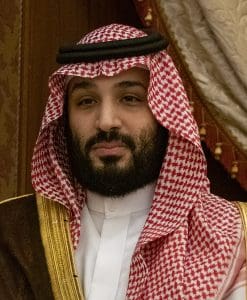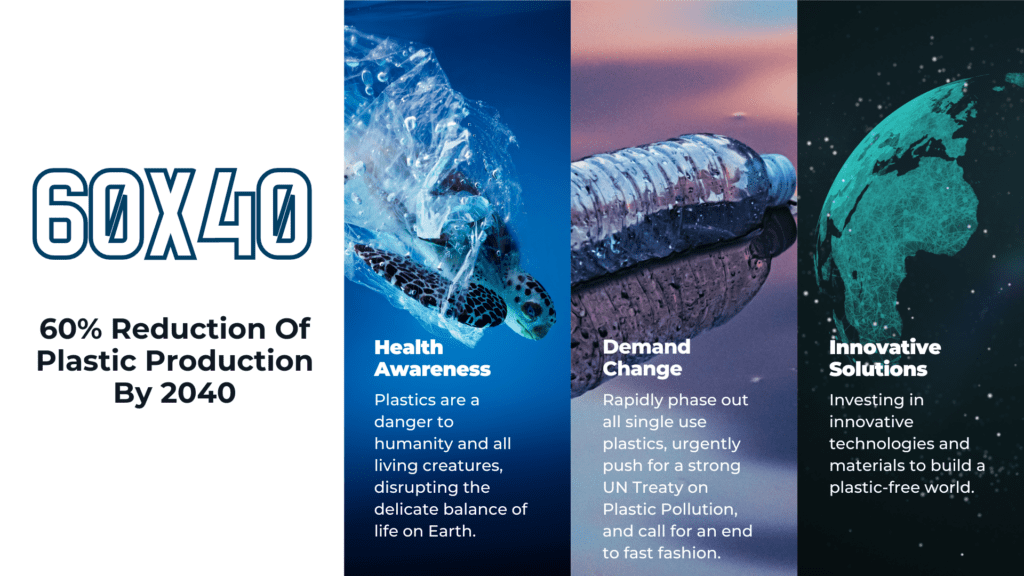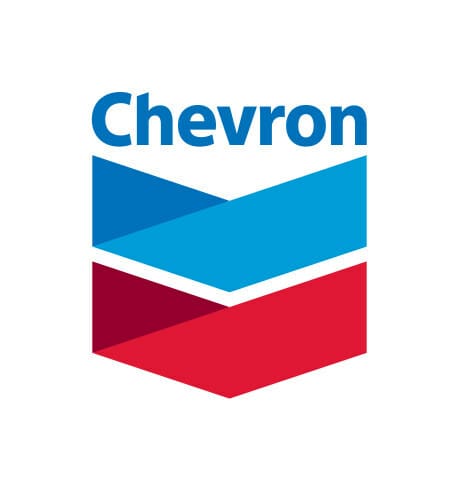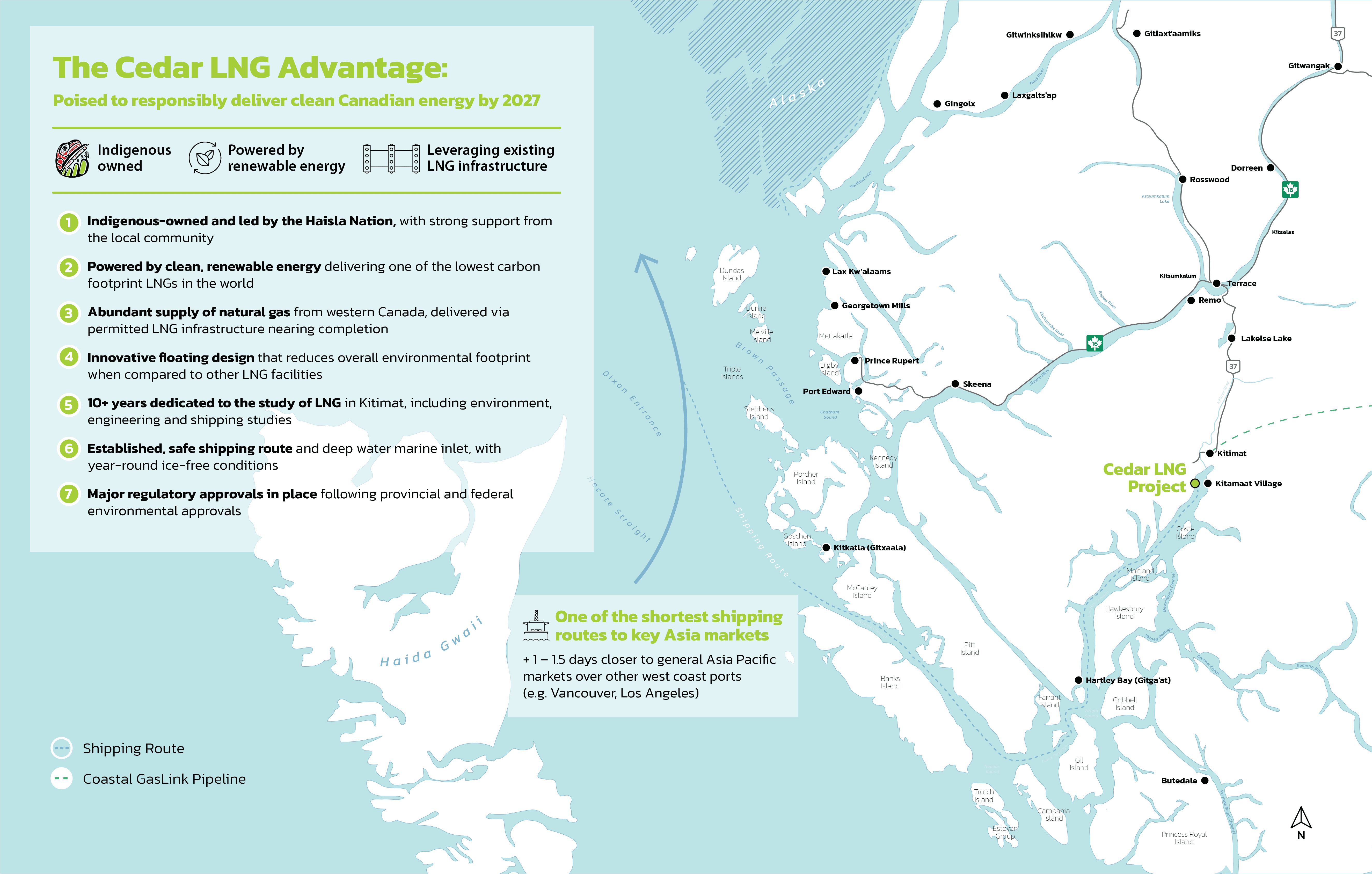Saudi Arabia’s sovereign wealth fund has reached out to banks to help it attract more ESG-focused investors.
Also known as the Public Investment Fund (PIF), the country’s sovereign wealth fund has US$400 billion in assets under management (AUM).

The fund’s purpose is to put the country’s public interest at heart by investing in assets that will grow the wealth of the nation in line with its political interests. Crown Prince Mohammed bin Salman has made it public that he wants to diversify the country’s investments to include more than just oil and gas by 2030. The PIF serves as the primary vehicle to do that.
According to Reuters, the PIF has been funded with tens of billions of dollars in loans. It will also likely face an audit and other measures before it can develop an ESG framework.
The country has officially stated several targets and ambitions between 2021 and 2025. By 2025, it wants to grow its AUM to US$1.07 trillion, invest an additional US$40 billion per year, have over 20% of its AUM invested in what it considers “new and growth sectors,” and create 1.8 million direct and indirect jobs. It’s quite the jump from what the fund accomplished over the last five years, which was the creation of 331,000 direct and indirect jobs and increasing AUM by about US$250 billion.
Unlike other investment vehicles, the PIF also has the purpose of beefing up the country’s military and industrial might. The fund’s five strategic sectors are aerospace and defense, automotive, transport and logistics, food and agriculture, and construction and building components and services.
In sum, the fund’s primary objectives have nothing to do with ESG, although the country could very well serve as a large investor in ESG projects, but only if they produce returns and contribute to its other objectives.

















